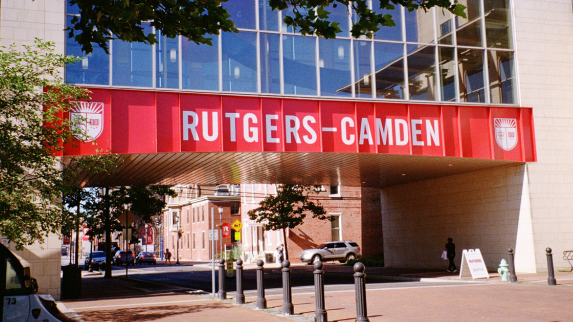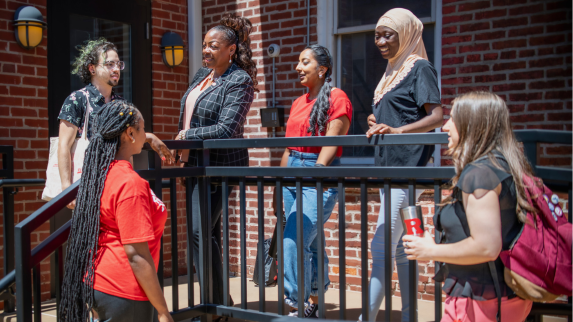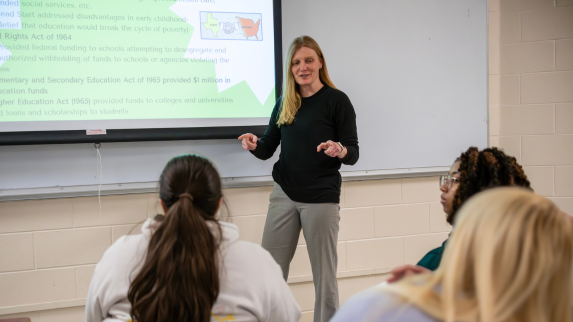Chemistry & Computer Science Drive Forensic Innovation
Forensic crime labs around the world are gaining access to a powerful new tool. NOCIt, a computational breakthrough from Rutgers-Camden researchers Catherine M. Grgicak, Henry Rutgers Chair and Associate Professor of Chemistry, and Desmond Lun, Professor and Department Chair of Computer Science, provides a highly accurate method for determining the number of DNA contributors in complex samples.
As detailed in “Rutgers Office for Research Signs Exclusive License with SoftGenetics, LLC to Market Innovative DNA Analysis Technology” by Trevor Rutledge-Leverenz, this tool replaces the subjective guesswork traditionally used in forensic DNA analysis with a data-driven approach. NOCIt delivers results with over 90% accuracy, outperforming existing methods and correcting previous errors in nearly a third of cases.
SoftGenetics, LLC, has acquired exclusive licensing rights to commercialize NOCIt, making this cutting-edge technology accessible to forensic labs worldwide. With support from the Rutgers Office for Research, this partnership ensures that evidence analysis is more consistent, reliable, and efficient.
Find out how this collaboration is shaping the future of forensic science.

Investigating the Truth: The Forensic Science Program
The Master of Science in Forensic Science program at Rutgers University–Camden offers a comprehensive curriculum designed to prepare students for careers as forensic science practitioners or for further graduate and professional studies. Emphasizing a research-focused approach, the program provides specialized courses and laboratory experiences in forensic chemistry, toxicology, and DNA profiling. Students gain hands-on experience with techniques commonly used in forensic laboratories, ensuring they are well-versed in current technologies and methodologies. Additionally, the program encourages participation in conferences and field experiences, facilitating valuable networking opportunities within the forensic science community.
Transform Data into Solutions with Rutgers–Camden’s M.S. in Computer Science
Dive into the dynamic field of scientific computing with an M.S. in Computer Science from Rutgers–Camden. The program emphasizes a strong foundation in algorithms and programming, equipping students to address complex computational challenges in various industries.
Charting New Frontiers in Chemistry and Molecular Technology
The Master of Science in Chemistry & Molecular Technology at Rutgers University–Camden emphasizes hands-on laboratory experience and modern chemical research. Students engage with state-of-the-art instrumentation, developing skills in communication, critical thinking, and problem-solving essential for careers in chemistry. The program offers two tracks: the Experimental Track, which includes a thesis component for those aiming to advance in scientific professions, and the Professional Track, a non-thesis option suitable for mid-career professionals or individuals seeking part-time study. Graduates are well-prepared for roles in the chemical and pharmaceutical industries, teaching positions, or further studies in Ph.D. programs across various scientific disciplines.
Spotlights & Stories

Want more stories like this? Spotlights and Stories highlights alumni, faculty, staff, and student experiences through stories, video, and voice. Learn more
Explore Graduate School Programs

Rutgers Graduate School-Camden offers 20+ graduate certificates, master’s, and doctoral programs across various disciplines, including biology, data science, creative writing, and psychology. We take pride in our academic diversity. Learn more
Former Students, Get Involved

Stay connected with Rutgers-Camden! Engage with former students, attend events, and support current students. Your involvement strengthens our community and helps shape future success. Learn more
